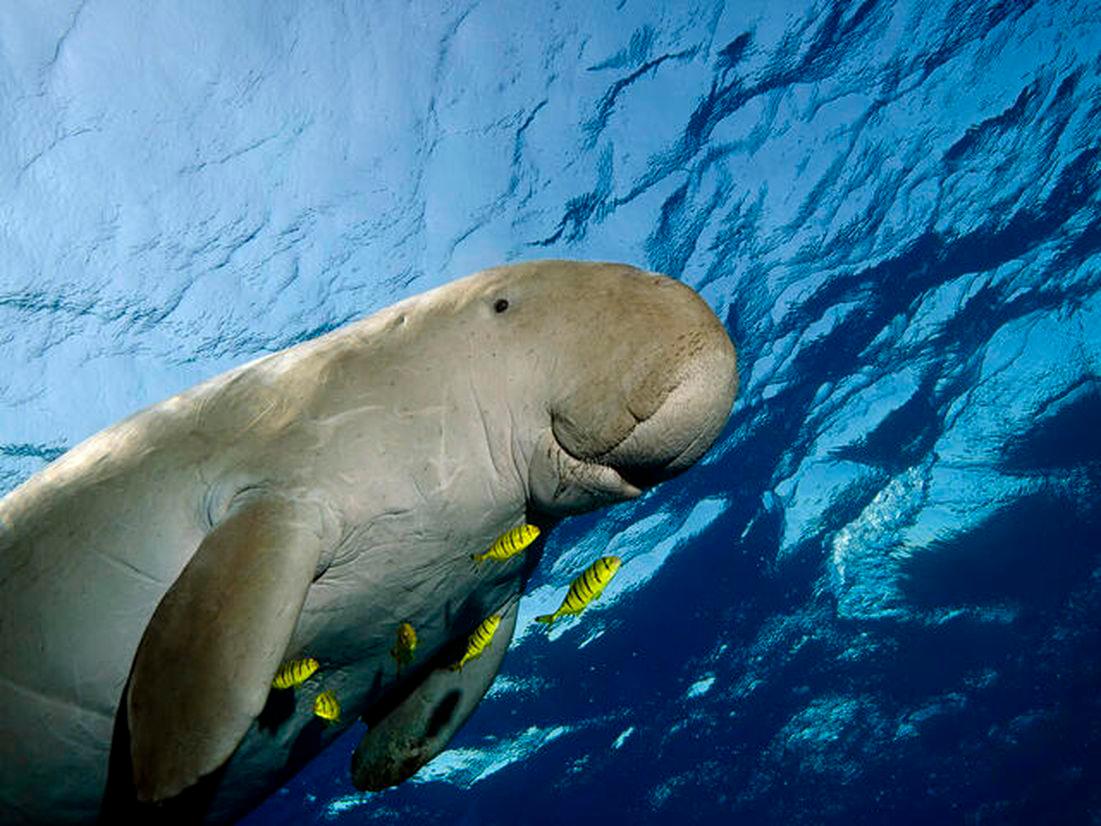PUTRAJAYA: The Department of Fisheries (DOF) is stepping up efforts to conserve dugongs, encompassing the protection of critical habitats, population monitoring, and cooperation with various parties including local communities.
In a statement issued in conjunction with World Dugong Day today, DOF said that it continues to undertake integrated efforts towards the conservation of endangered marine species such as the dugong (Dugong dugon), which is now facing the risk of extinction.
“As herbivorous marine mammals that depend entirely on the seagrass ecosystem, the survival of dugongs reflects the health of the country’s marine environment,” the department said.
The dugong is the only surviving species in the family Dugongidae and is fully protected under Malaysian law, including Section 27 of the Fisheries Act 1985, the Fisheries (Control of Endangered Fish Species) (Amendment) Regulations 2019, and wildlife legislation in Sabah and Sarawak.
This species is listed in Appendix I of the Convention on International Trade in Endangered Species of Wild Fauna and Flora (CITES) and categorised as “Vulnerable to Extinction” by the International Union for Conservation of Nature (IUCN), making conservation efforts an urgent necessity.
DOF stated that among the latest conservation initiatives underway is the proposed gazettement of a Dugong Sanctuary in Johor, covering an area of 150,000 hectares.
“This gazettement is expected to strengthen the protection of critical habitats and support long-term research and monitoring,” the statement read.
DOF said that dugong populations in Malaysia are concentrated in several areas such as the waters around Pulau Sibu, Pulau Tinggi, and Pulau Besar in Johor, as well as in Sabah and Sarawak.
“The primary habitat of dugongs is shallow seagrass areas, which are also important ecosystems for various other marine species such as seahorses, sea cucumbers, and juvenile fish. However, these areas are increasingly under threat due to coastal development, land reclamation, pollution, and unsustainable fishing activities,” the statement noted.
According to DOF, in collaboration with Yayasan PETRONAS, it is currently carrying out seagrass distribution mapping nationwide, including assessments of the carbon stock of these habitats.
“Seagrass is not only crucial as the main food source for dugongs, but also plays a role in climate change mitigation through its carbon absorption capacity,” the statement added.









